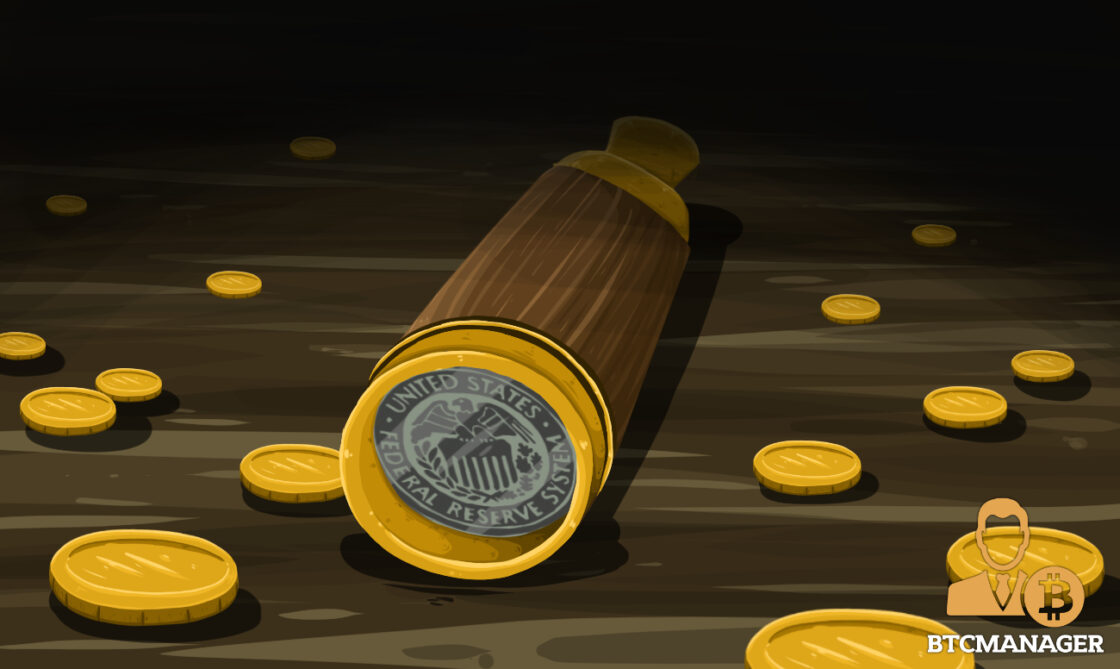PALO ALTO, Calif. (Reuters) - The Federal Reserve is looking at a broad variety of issues around digital payments and currencies, including Click for more policy, design and legal considerations around possibly providing its own digital currency, Guv Lael Brainard stated on Wednesday. Brainard's remarks suggest more openness to the possibility of a Fed-issued digital coin than in the past." By transforming payments, digitalization has the potential to deliver greater value and benefit at lower expense," Brainard stated at a conference on payments at the Stanford Graduate School of Organization.
Central banks worldwide are disputing how to manage digital finance innovation and the dispersed ledger systems used by bitcoin, which promises near-instantaneous payment at possibly low cost. The Fed is establishing its own round-the-clock real-time payments and settlement service and is currently examining 200 comment letters sent late last year about the proposed service's style and scope, Brainard stated.
Less than two years ago Brainard told a conference in San Francisco that there is "no engaging showed need" for such a coin. But that was prior to the scope of Facebook's digital currency aspirations were commonly known. Fed authorities, consisting of Brainard, have raised issues about consumer defenses and data and personal privacy threats that could be posed by a currency that could enter into use by the third of the world's population that have Go here Facebook accounts.

" We are collaborating with other main banks as we advance our understanding the fedcoin of central bank digital currencies," she said. With more nations checking out providing their own digital currencies, Brainard stated, that contributes to "a set of reasons to also be making sure that we are that frontier of both research study and policy development." In the United States, Brainard stated, issues that need study consist of whether a digital currency would make the payments system much safer or simpler, and whether it could position monetary stability risks, including the possibility of bank runs if cash can be turned "with a single swipe" into the reserve bank's digital currency.
To counter the monetary damage from America's unmatched national lockdown, the Federal Reserve has actually taken unmatched actions, including flooding the economy with dollars and investing directly in the economy. Most of these relocations got grudging approval even from many Fed doubters, as they saw this stimulus as needed and something just the Fed might do.
My brand-new CEI report, "Government-Run Payment Systems Are Risky at Any Speed: The Case Against Fedcoin and FedNow," information the dangers of the Fed's current prepare for its FedNow real-time payment system, and propositions for main bank-issued cryptocurrency that have actually been called Fedcoin or the "digital dollar." In my report, I discuss issues about privacy, information security, currency control, and crowding out private-sector competition and innovation.
Advocates of FedNow and Fedcoin say the federal government must create a system for payments to deposit immediately, rather than motivate such systems in the economic sector by lifting regulatory barriers. However as noted in the paper, the economic sector is providing a seemingly limitless supply of payment technologies and digital currencies to solve the problemto the degree it is a problemof the time space in between when a payment is sent and when it is received in a checking account.
And the examples of private-sector development in this area are lots of. The Cleaning Home, a bank-held cooperative that has actually been routing interbank payments in various forms for more than 150 years, has actually been clearing real-time payments given that 2017. By the end of 2018 it was covering half of the deposit base in the U.S.